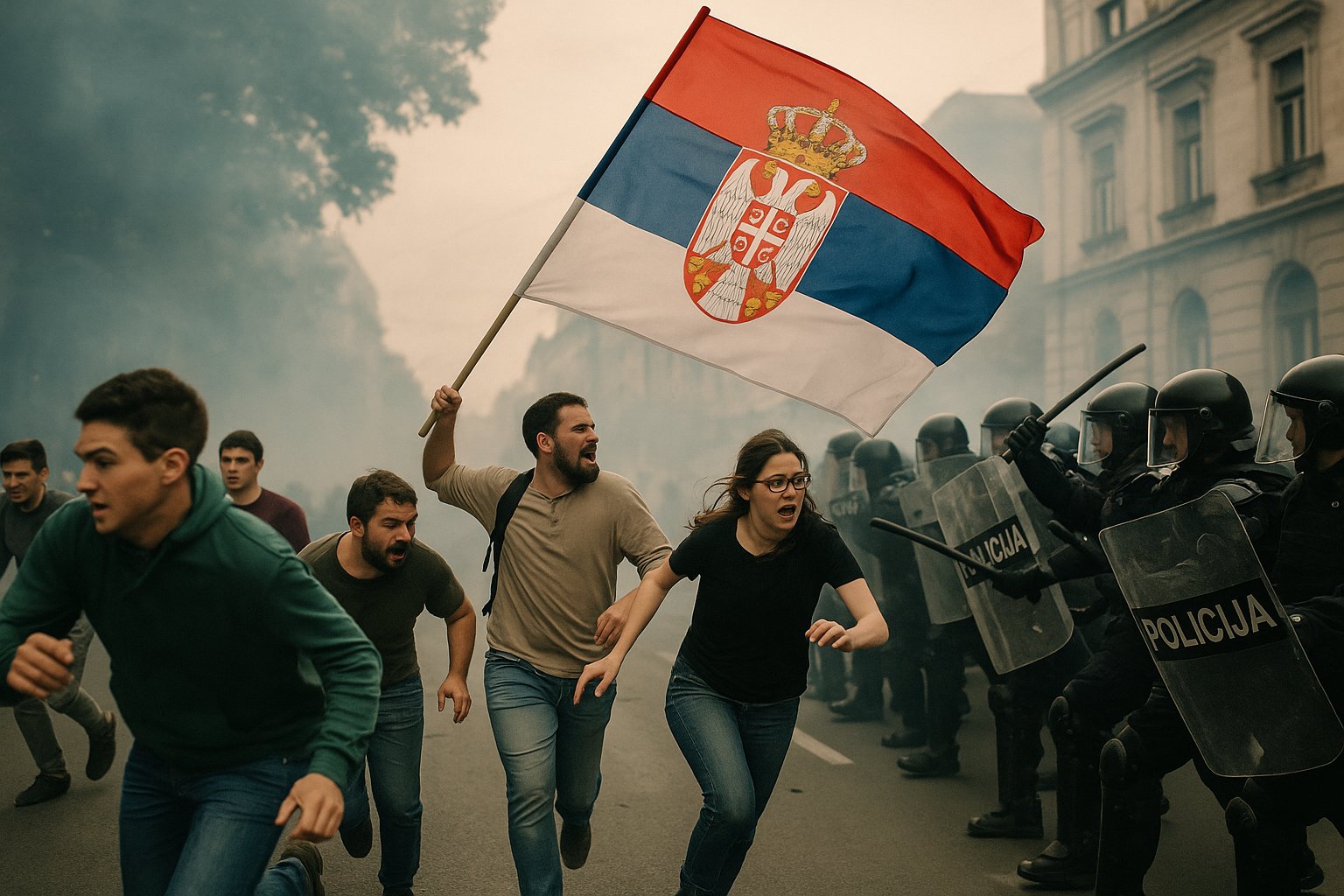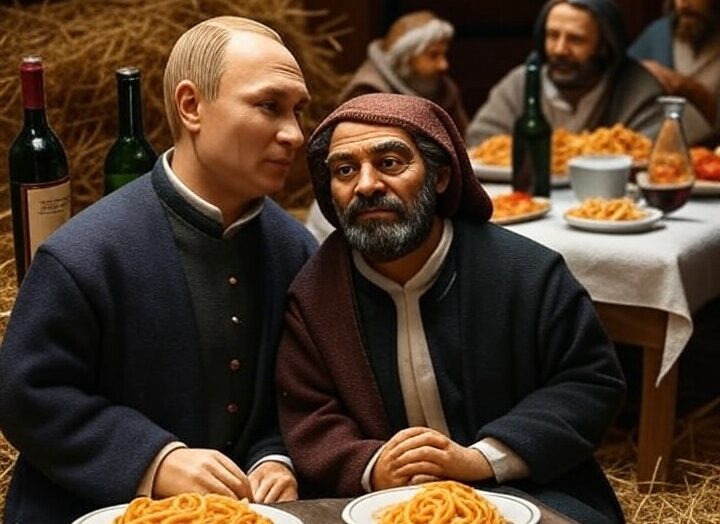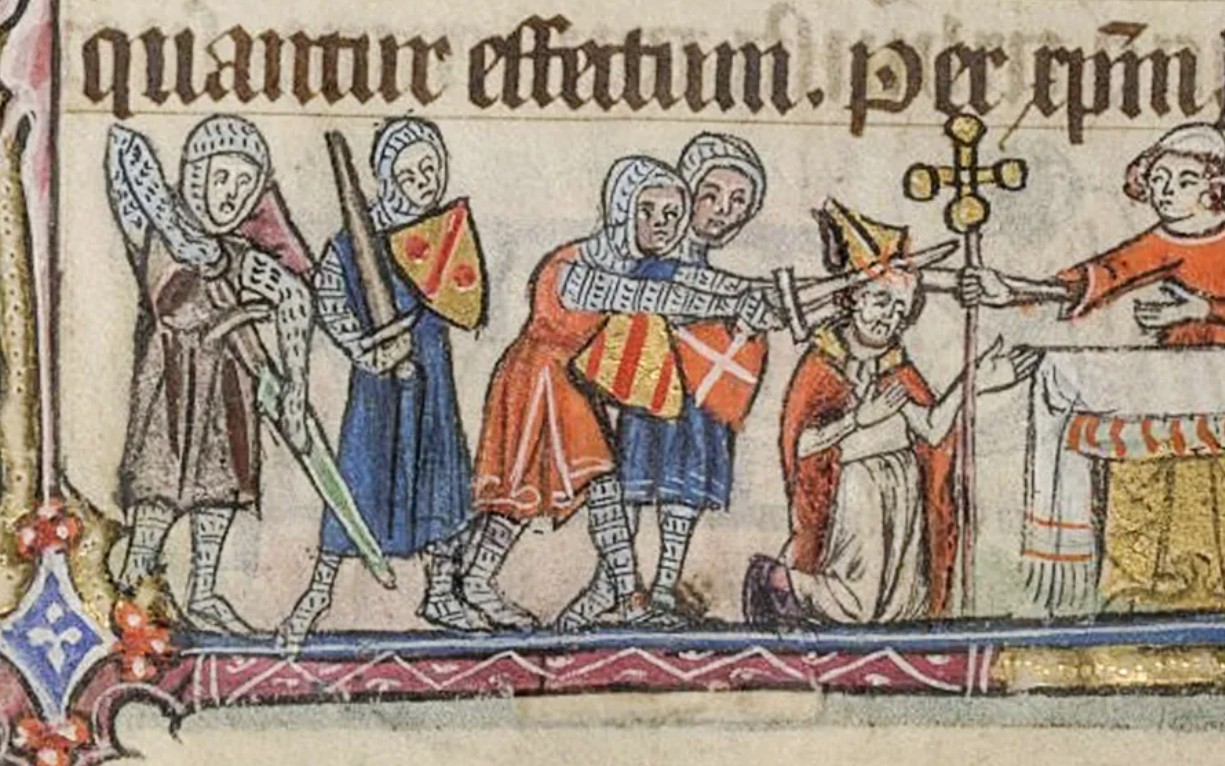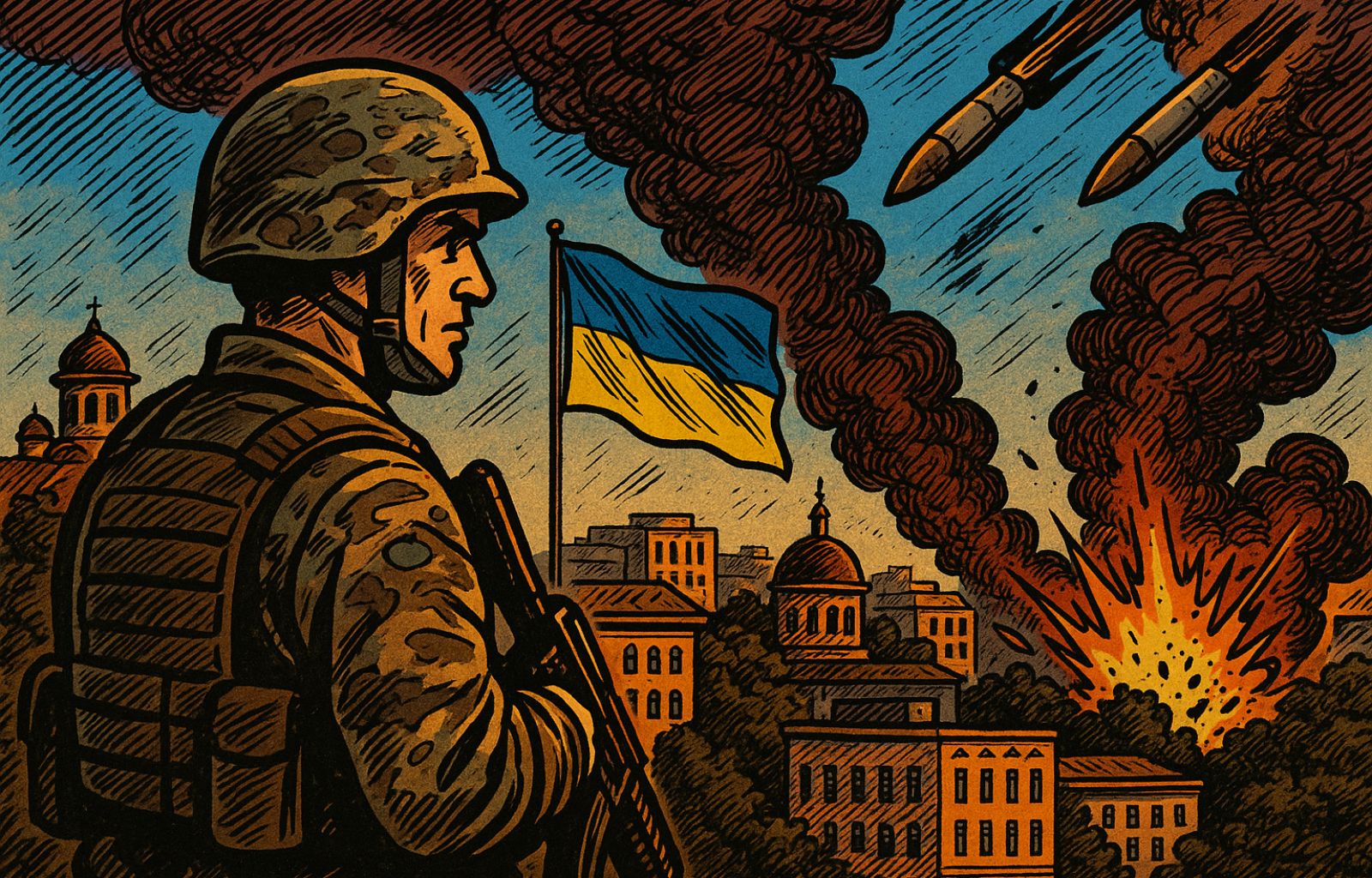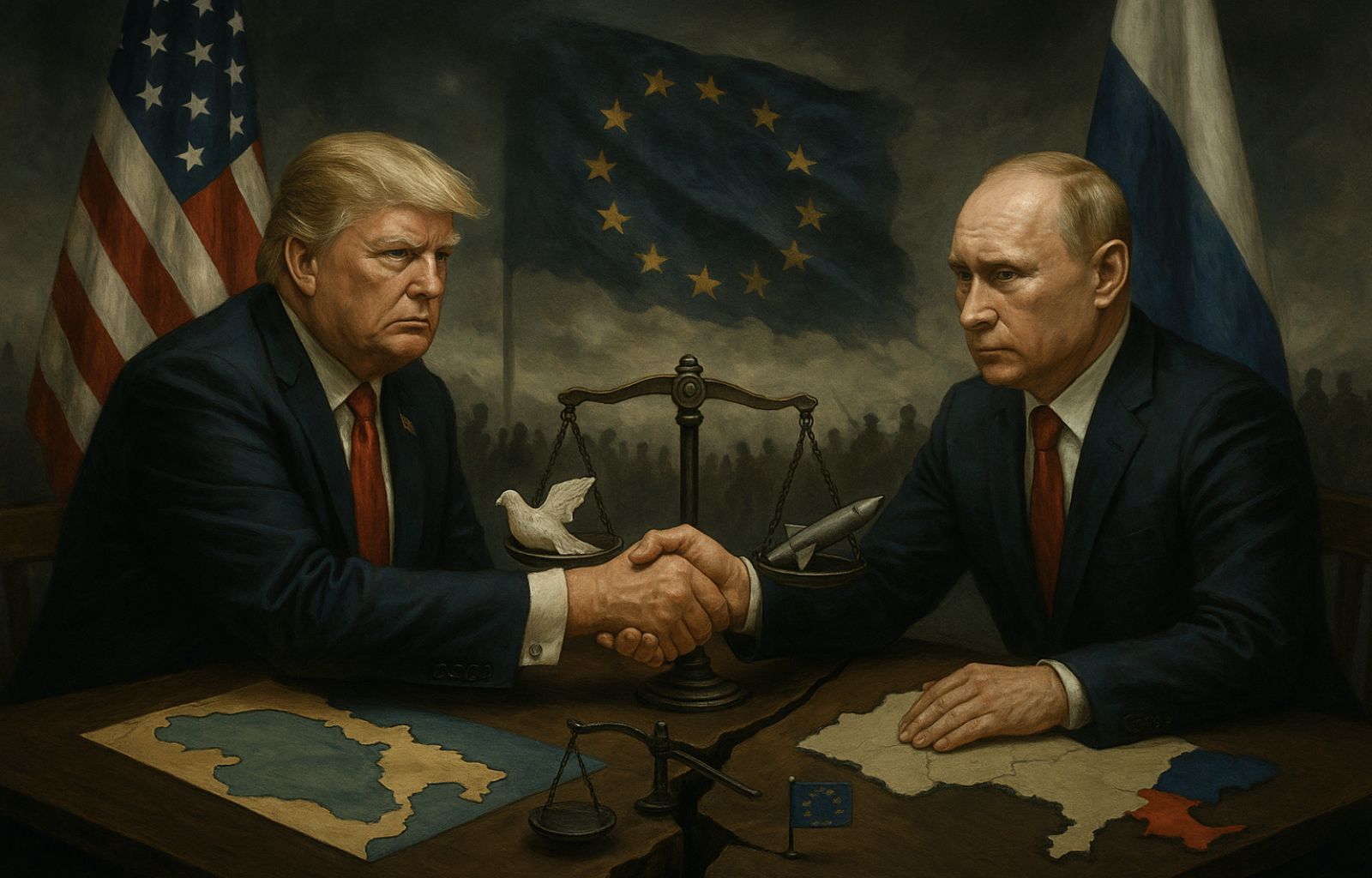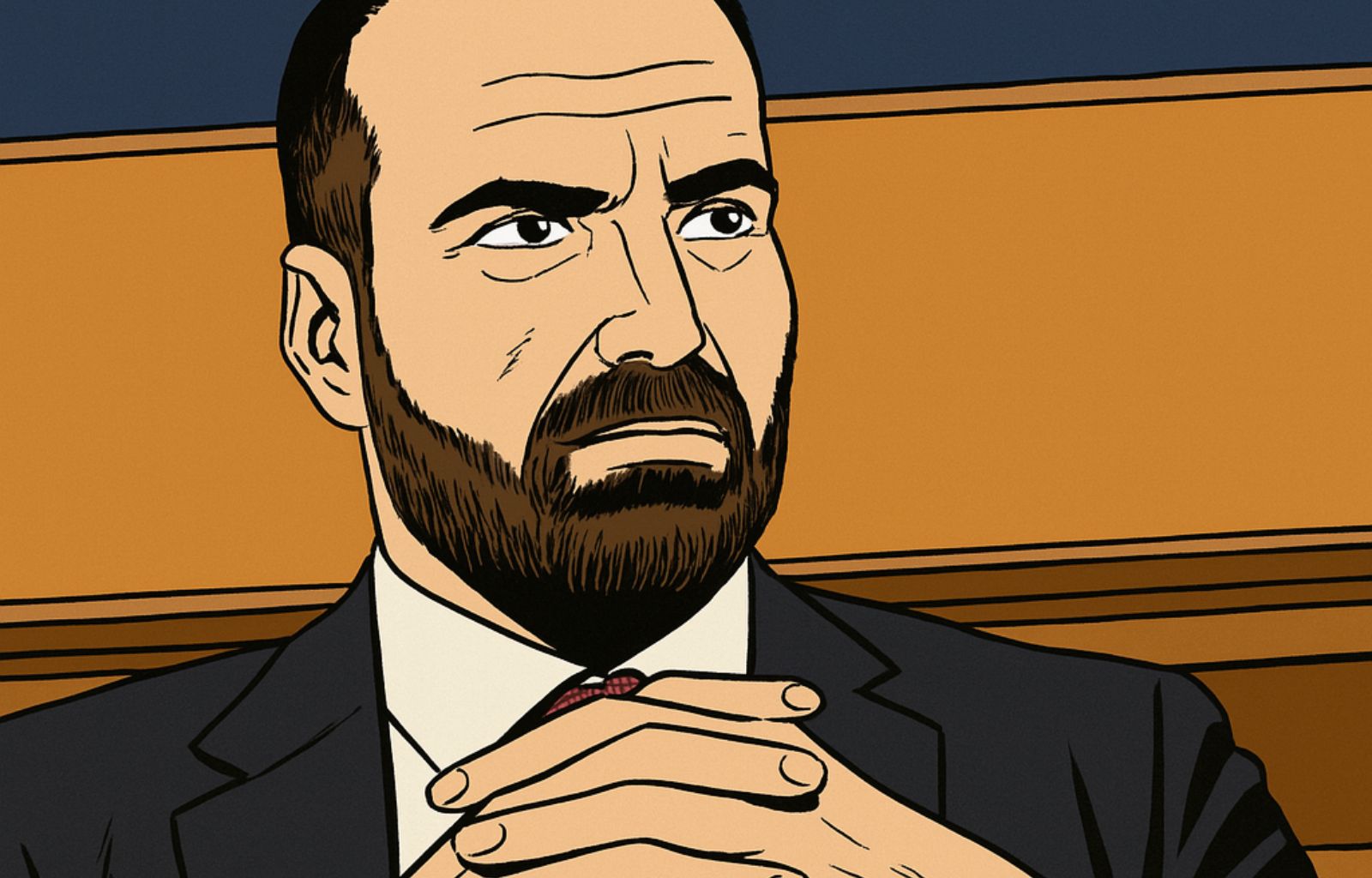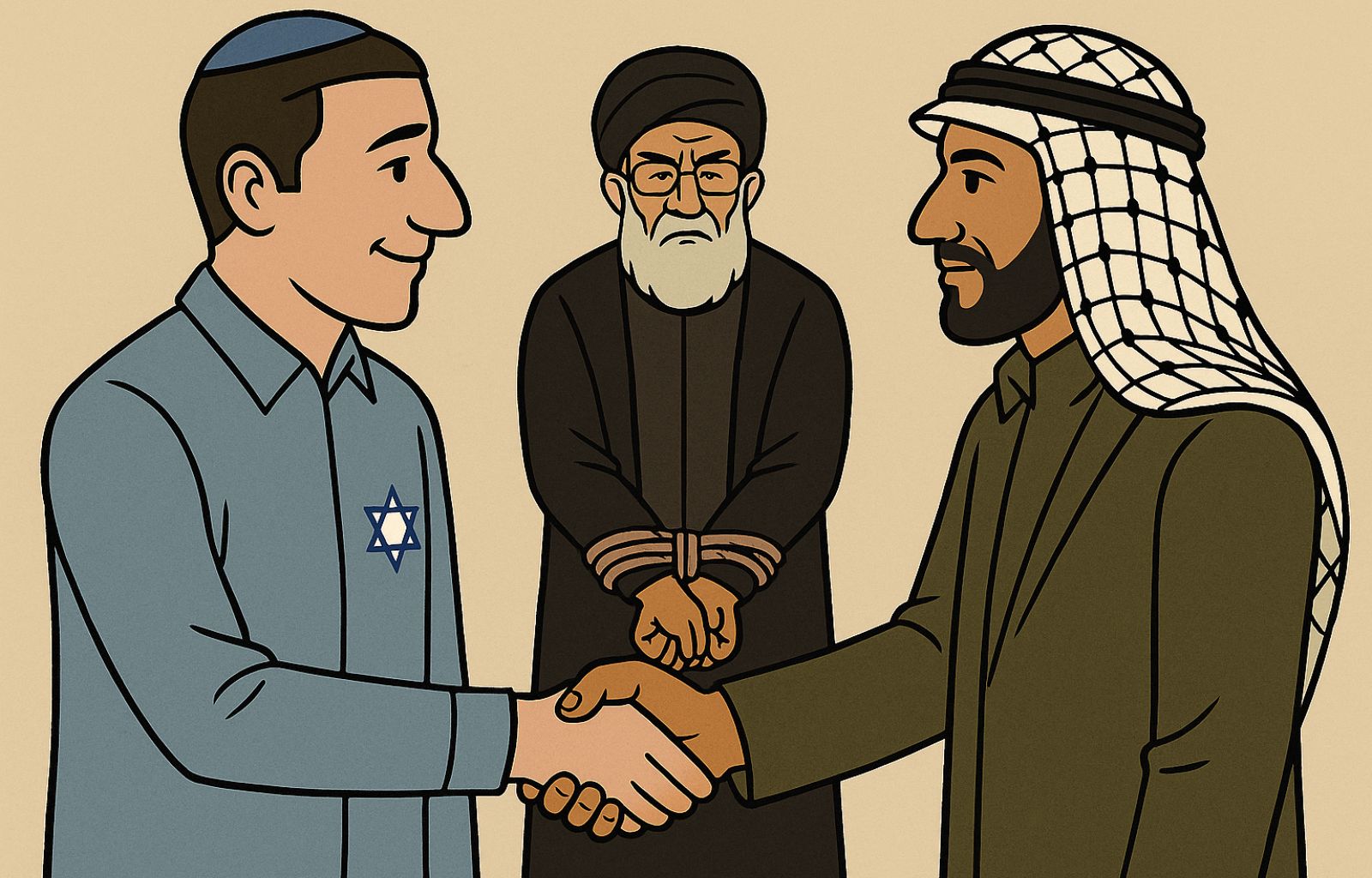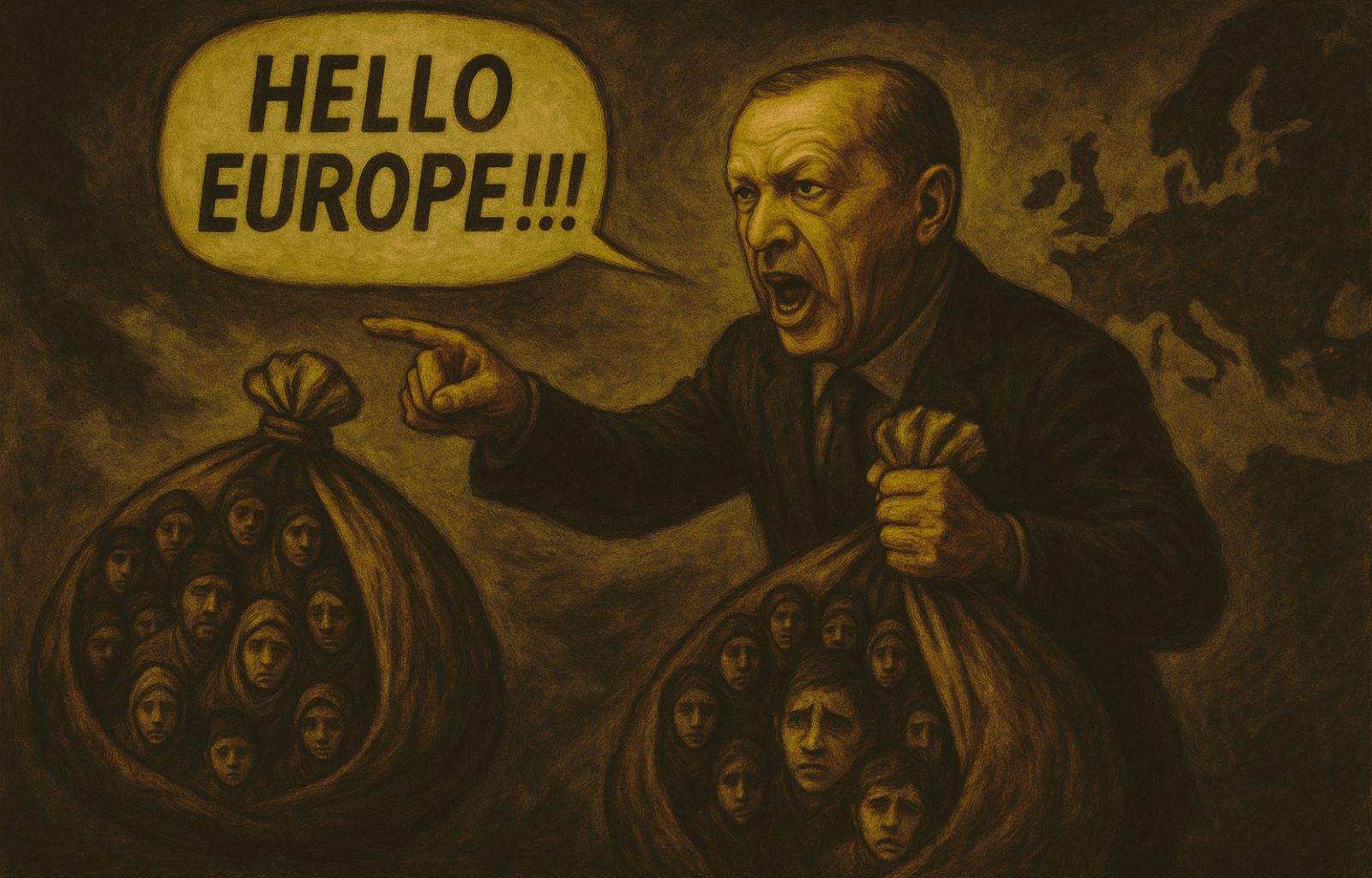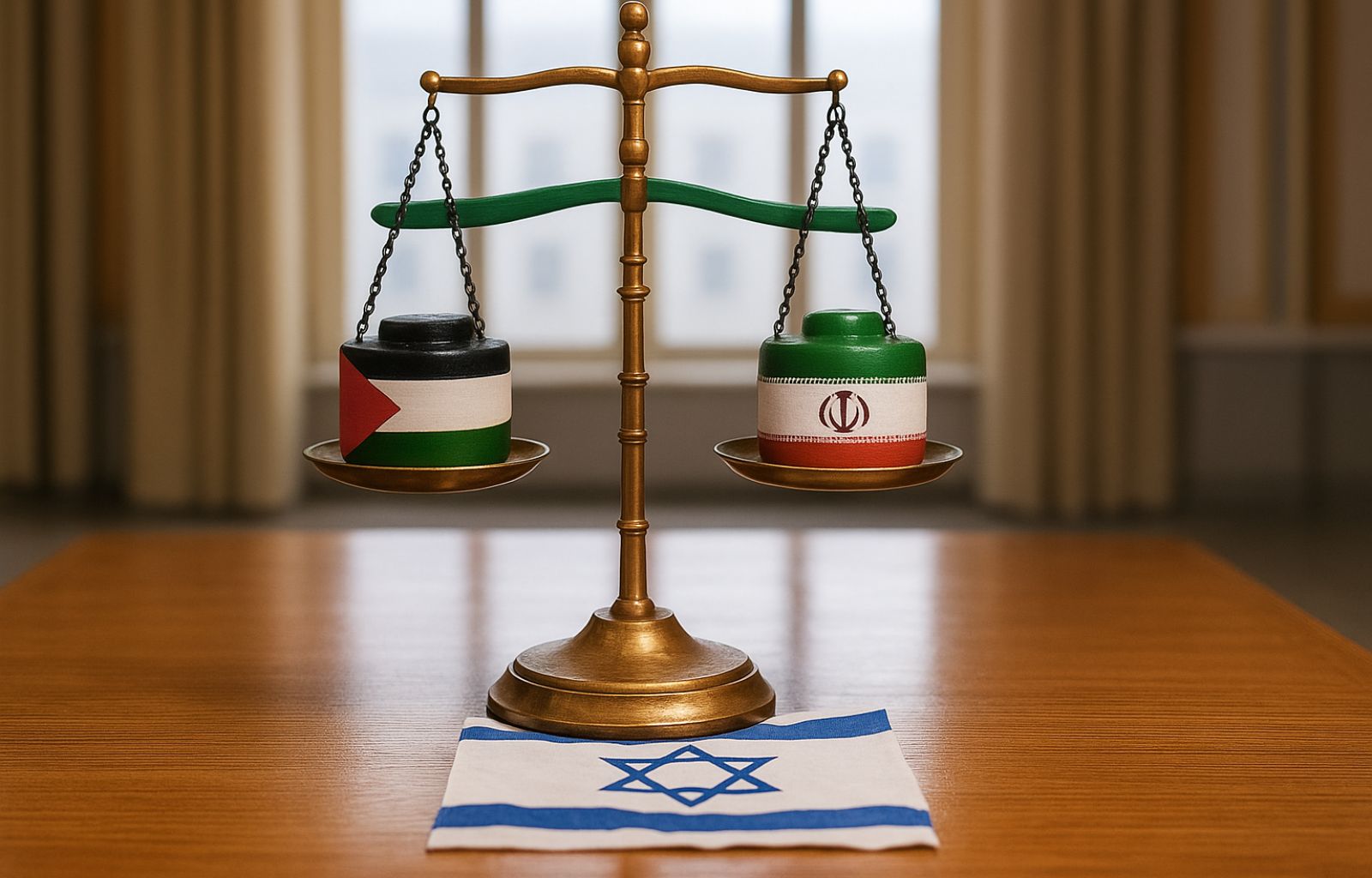Rutte (NATO) to Europe: Si vis pacem para bellum
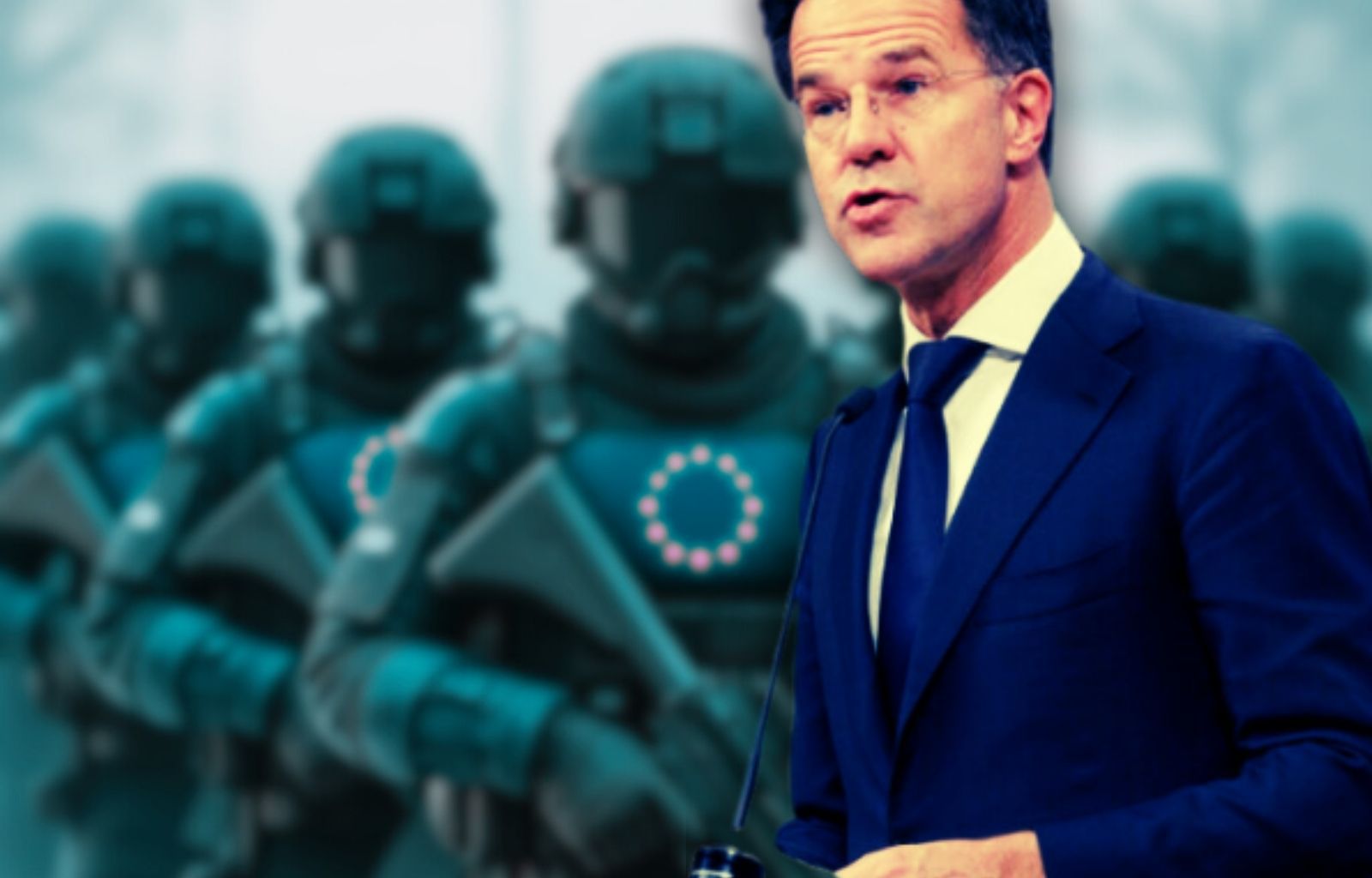
Mark Rutte, NATO Secretary General, did not hide behind words. At the Carnegie Institute in Brussels, he issued a warning that sounds like an adrenalin slap: Europe must wake up, prepare itself, adopt a real war mentality. Not to fight, but to protect peace.
We are not at war, he says, but neither are we at peace. Danger is knocking at the door, and what is happening in Ukraine today could soon replicate itself elsewhere, without announcing its arrival too early.
An unfiltered message: more investment for defence
It is a blunt message: more must be spent on defence. The famous 2% of GDP, now outdated, is not enough. We need more soldiers, more means, more research, more innovation. Because without security there is no freedom. There are no schools, no hospitals, no companies.
Faced with the chronic shortage of personnel on the ground, the call is clear: roll up your sleeves and act. Not years from now, but now, because history does not wait for the indecisive.
Defence industry under pressure
The defence industry is not spared. Enough whining, we need to produce. The funds are there and will grow, but we need to speed up. Rutte calls on the citizens, asking them to put pressure on banks and pension funds to release investments. No hesitation: defence is not a luxury, it is a priority.
If this awareness is renounced, the game of global powers becomes an out-of-control domino effect. Indeed, the war in Ukraine is not just a European affair. If it ends badly, the message to Xi Jinping about Taiwan could be devastating. There are no free zones, no corners of the world to take refuge in: every weak compromise becomes a precedent, every failure a loaded spring to explode in other sensitive areas.
Europe must do more for itself
Then there is the Trump parenthesis: on one point he is right, Europe must do more. Not to please the United States, but to protect itself. Security is not a bargaining chip, but the foundation of everything else. There are no more excuses and no more time for prevarication while the boundaries of stability are thinning.
Leadership and hard choices
Rutte presses, insists, does not concede any comfort zone. Europe needs political leadership prepared to make difficult choices. A new mentality, capable of anticipating crises and ensuring that there is a ‘tomorrow’ for the European way of life.
Peace is not given as a gift, nor is it taken for granted. Today we must act with clarity and steady nerves, no longer deluding ourselves that prosperity is an immutable condition. Tomorrow may be too late, and future generations will not forgive our blindness.

